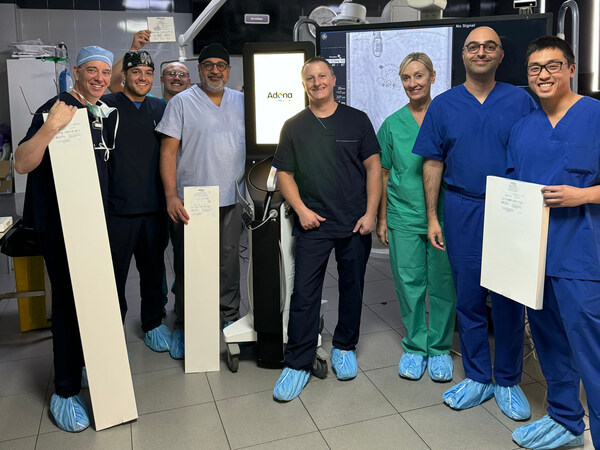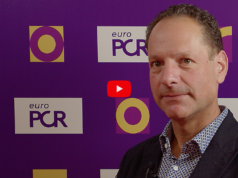
Adona Medical has announced the successful first-in-human use of its novel interatrial shunt in patients with heart failure.
The initial cases were performed by George Khabeishvili (Tbilisi Heart and Vascular Clinic, Tblisi, Republic of Georgia) and supported by US heart failure experts Gagan Singh and Edris Aman.
“I am incredibly excited to be involved in the initial procedures for this groundbreaking technology. The Adona implant represents the next-generation of shunt technology, designed for dynamic interatrial flow that can be modified based on patient-specific haemodynamic needs,” said Singh, clinical cardiovascular research unit director, University of California at Davis (Davis, USA). “Heart failure is not a static condition but requires lifetime management. The combination of adjustable shunt size and atrial pressure measurement represents a huge leap forward in device therapy solutions.”
The Adona device includes a shunt that features a flow channel with an adjustable geometry that can be made larger or smaller post-implantation via the use of a proprietary induction catheter.
This configurability holds the potential for more individualized treatments compared to current shunt technologies which feature a flow passage with one fixed geometry. In addition, the Adona device features integrated sensors designed to capture pressure readings from both the left and right atria multiple times per day without requiring patient interaction.
These daily readings hold promise to provide physicians with a more complete understanding of a patient’s hemodynamic status and could augment shunt therapy by enabling more informed medical management.
“Success with the initial clinical cases represents a significant milestone in our mission to offer improved solutions for the management of heart failure. We’re now one step closer to validating the potential benefits that the Adona technologies may offer to a vulnerable and suffering patient population,” said Brian Fahey, co-founder and chief executive officer of Adona Medical. “This was an enormous team effort, and I’d like to thank all of the Adona employees for their many contributions and our clinical collaborators for providing the valuable insights that have guided our incredible journey.”
Adona Medical is a part of the Shifamed portfolio of companies.










